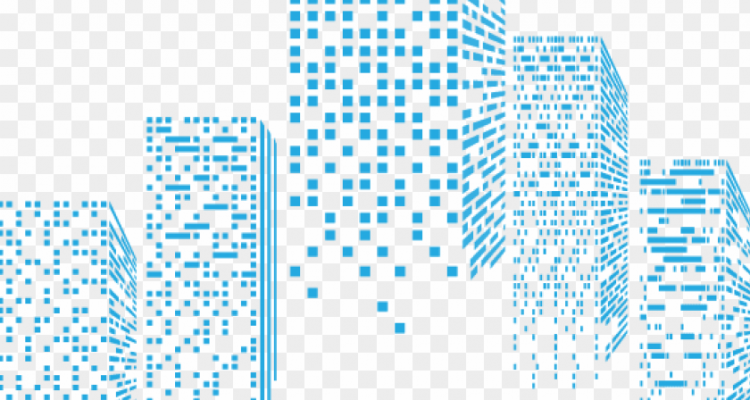
How can Blockchain revolutionise property investment?
Blockchain technology has countless applications apart from cryptocurrency (you may have heard of Bitcoin!). Across the globe, Governments, organisations and individuals are scrambling to figure out the smartest ways of incorporating this innovative technology into their operations to increase efficiency and profitability.
Blockchain is particularly well suited for use in the property industry, which has been plagued with problems ranging from illiquidity to fraud. Blockchain has the potential to solve these problems and in particular, the challenges posed by those wanting to invest in and conversely raise capital.
So, what exactly is blockchain?
Steven Lang, a Commercial Research Analyst at Savills provides the following useful summary:“…blockchain is a super-secure way of recording transactions and contracts and transferring data, but – and it’s a crucial but; one that makes blockchain such a game-changer- the information it holds is not held in one place.”
Essentially, blockchain is a digital ledger stored on multiple different computer systems (referred to as “nodes”); each of which has a full copy of the ledger and every transaction proposed to be added to it. New “blocks” of transactions can be added to the ledger but only by consensus among the nodes – and old transactions cannot be overwritten.
For those reasons, the design of the blockchain is said to be virtually incorruptible, making it suitable to record not only financial transactions but almost anything of value.
And how does Blockchain benefit Property investment?
Smart contracts; some types of blockchain technology can power so-called “smart contracts”, where something can be programmed to happen on the blockchain as soon as the relevant conditions are met. The production of smart contracts can be fully automated; from initial electronic creation through to digital signing. This means that payment can only be taken so long as the instructions are fulfilled, providing complete transparency to all parties and reducing the likelihood of payment disputes.
Fractional Ownership; By allowing fractional ownership, blockchain also lowers the barriers to property investing. Typically, investments would require significant money upfront in order to acquire property. Additionally, investors could also pool their money to acquire bigger ticket properties. Fractional ownership would also help them avoid managing the properties themselves. Upkeep alone can add up to significant costs and dealing with tenants may be an overhead that the investor is not prepared to accept. For property owners, they are able to release equity in the property and continue to use it.
A secondary market; By fractionalising the asset and letting lots of individuals or institutional investors take a stake in a property, you can in effect IPO a property. This can then facilitate the creation of a trading market for those shares. Through blockchain, investors would simply have to access to a trading platform to buy and sell tokens (fractions of buildings) as they see fit. For example, a pension fund may own a skyscraper in one city and want exposure to another city without having to buy a whole block. Blockchain creates a secure cross-border exchange that allows them to do that in a regulated way.
Can this fractional ownership and liquid market become the future for property investment, or will it remain a more niche market?
The future of investing in property may well lie in the digital realm. Liquidity is such an important factor and enhancing the liquidity of property, traditionally one of the least liquid asset classes, has the very real potential of bringing Blockchain into the consciousness of all investors.
When the right to a share of an asset is represented by a piece of software with an embedded contract, automated compliance protocol, no intermediary and reduced transaction and management costs, it could be an investors dream come true.
Once asset ownership tokenization starts to become popular, its momentum will be hard to stop. As soon as the early applications prove themselves worthy of investment and attention (and after the first kinks are worked out), it’s going to experience exponential growth.
With all these inherent advantages, it’s clear that blockchain-based property ownership isn’t just a gimmick, nor is it a simple improvement to our existing systems; it’s a practical necessity that will become more important as the years pass. It may be some time before asset tokenization becomes understood and accepted in the mainstream, but it has the potential to solve many of the problems that have plagued entrepreneurs, investors, creatives, and consumers for decades.

This Post Has 0 Comments